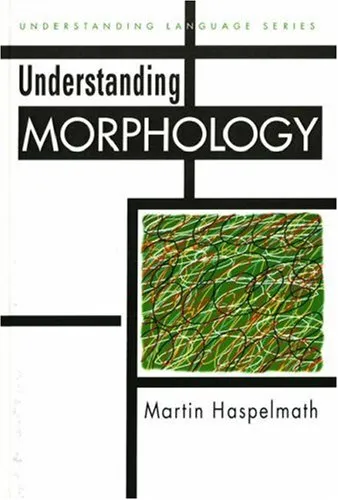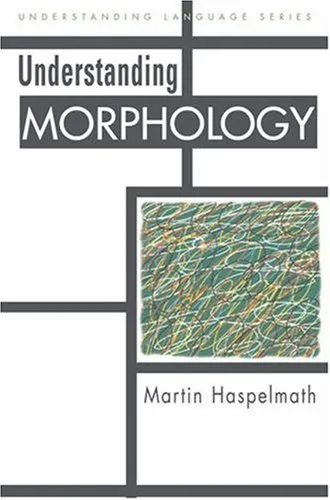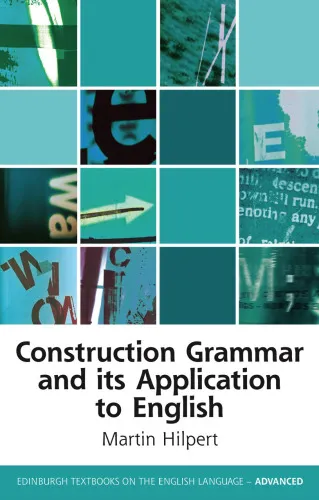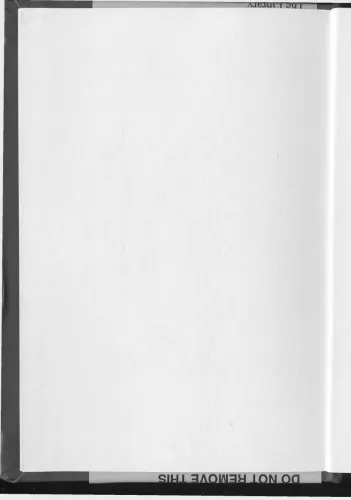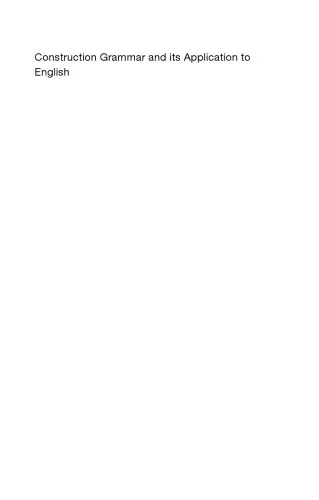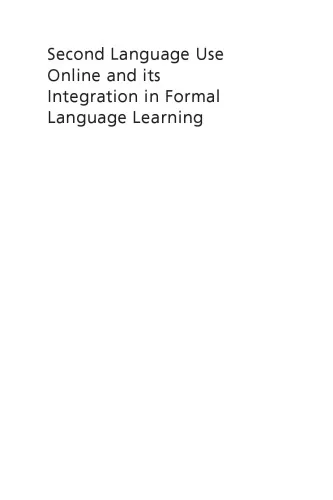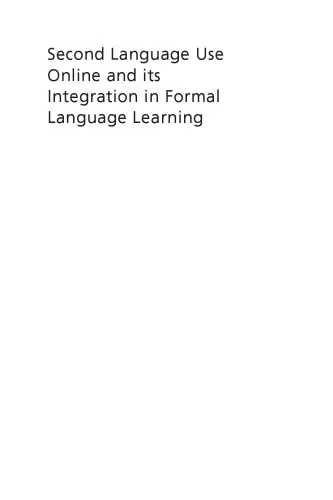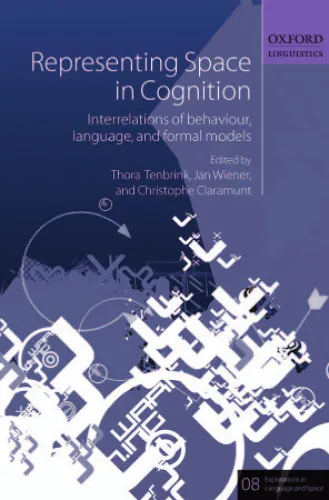Modern Philologypp.E306—E308
4.7
Reviews from our users

You Can Ask your questions from this book's AI after Login
Each download or ask from book AI costs 2 points. To earn more free points, please visit the Points Guide Page and complete some valuable actions.Related Refrences:
Analytical Summary
Modern Philologypp.E306—E308 is a specialized work that brings together deep scholarly insight and methodical investigation into the intricate interplay between historical linguistics and literary analysis. Written for a discerning audience, it examines nuanced textual variations, linguistic evolution, and the broader cultural context in which language develops. William Caferro, recognized for his disciplined approach to philological inquiry, offers readers a detailed discussion that transcends basic commentary, situating the text within an academic tradition that values clarity, rigor, and breadth.
The book's pages E306–E308, taken from the broader corpus, focus on particular case studies that highlight the convergence of literary form and linguistic function. This is not merely an exposition of grammar or syntax; it is a concerted effort to show how historical factors shape and transform meaning. Methodologically, Caferro employs comparative analysis, intertextual readings, and a careful balance between the micro-level textual detail and the macro-level historical narrative. These methods ensure that insights are grounded in evidence, helping serious readers connect theoretical frameworks with practical textual interpretation.
Information regarding the exact publication year is unavailable, as no reliable public source currently provides this data. This lack of specific bibliographical detail does not diminish the scholarly importance of Modern Philologypp.E306—E308, which remains a touchstone for those exploring the deeper currents of philological study.
Key Takeaways
Modern Philologypp.E306—E308 offers several valuable lessons for linguists, literary scholars, and historians, reinforcing the importance of interdisciplinary thought.
One key point is the recognition that language cannot be divorced from its historical and social environment; each text reflects the conditions of its creation. The work demonstrates how to extract meaning from subtle textual clues, illuminating broader cultural narratives.
Another takeaway is the methodological precision necessary for serious philological analysis. By combining close reading with historical knowledge, the text provides a model for balanced interpretation.
Finally, readers will come away with an appreciation for the enduring relevance of philology in contemporary discussions about literature and culture. Though digital tools and modern critical theories have emerged, the foundational insights of this approach remain irreplaceable.
Memorable Quotes
“Philology bridges the distance between the past and present, enabling us to converse with history itself.”Unknown
“To understand a text fully, one must journey beyond words into the culture that formed them.”Unknown
“Linguistic change is the diary of humanity, written in the script of time.”Unknown
Why This Book Matters
In an era when specialization often narrows perspective, Modern Philologypp.E306—E308 stands out as a reminder of the holistic view required to truly grasp language and literature.
Its emphasis on historical linguistics as intrinsically linked to literary analysis challenges compartmentalized approaches, advocating instead for a synthesis of disciplines. For educators, students, and researchers, it serves both as a methodological guide and as a source of intellectual inspiration.
For professionals engaged in cultural preservation, it underscores how linguistic heritage shapes identity, and how written texts act as repositories of collective memory. This makes it an indispensable resource for anyone aiming to comprehend the full significance of language in its historical continuum.
Inspiring Conclusion
Modern Philologypp.E306—E308 is more than a scholarly detail in a broader text; it is a compact jewel of intellectual investigation.
By contemplating linguistic shifts alongside literary forms, the reader is invited to enter into a dialogue not only with the text, but with the historical forces it reflects. This book encourages a deeper engagement with language as both an artistic and cultural artifact, offering tools for interpretation that transcend time and medium.
Whether you are an academic in historical linguistics, a literary analyst, or a cultural historian, the insights found here will enrich your understanding of how words carry the weight of history. Engage with Modern Philologypp.E306—E308, share your reflections with peers, and keep the conversation about our linguistic heritage alive.
Free Direct Download
You Can Download this book after Login
Accessing books through legal platforms and public libraries not only supports the rights of authors and publishers but also contributes to the sustainability of reading culture. Before downloading, please take a moment to consider these options.
Find this book on other platforms:
WorldCat helps you find books in libraries worldwide.
See ratings, reviews, and discussions on Goodreads.
Find and buy rare or used books on AbeBooks.
1173
بازدید4.7
امتیاز0
نظر98%
رضایتReviews:
4.7
Based on 0 users review
Questions & Answers
Ask questions about this book or help others by answering
No questions yet. Be the first to ask!

